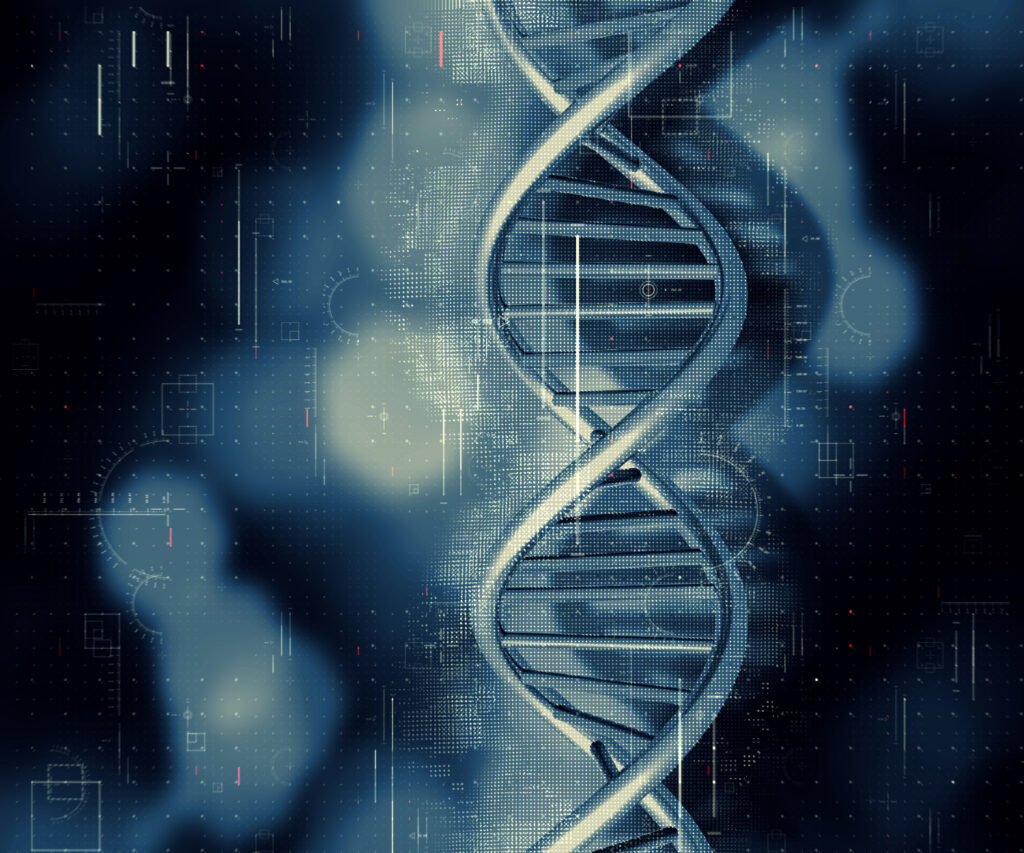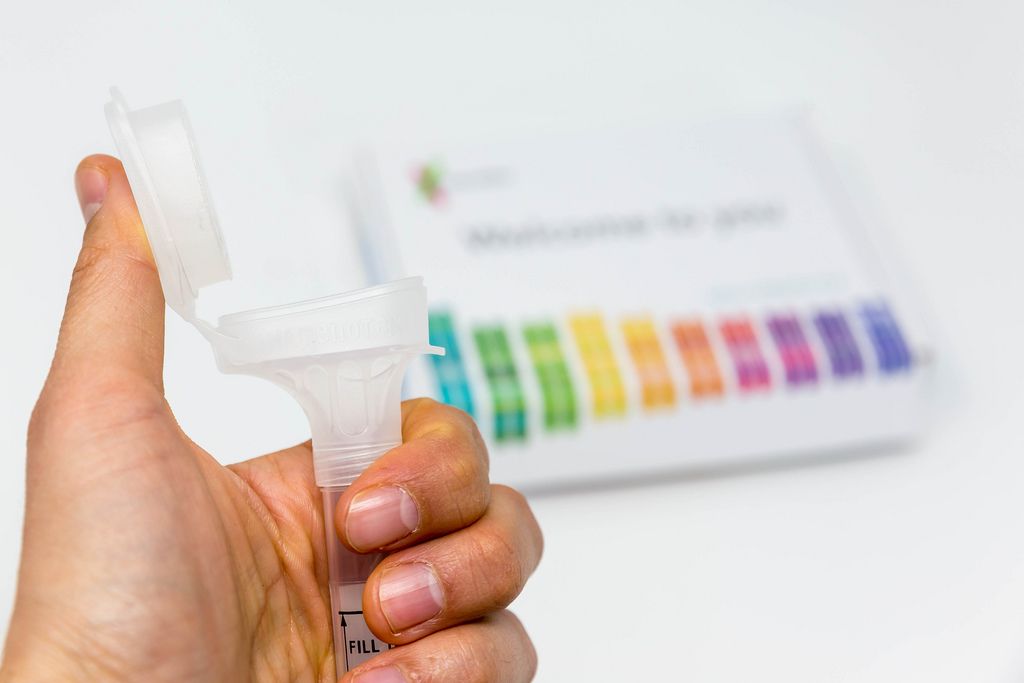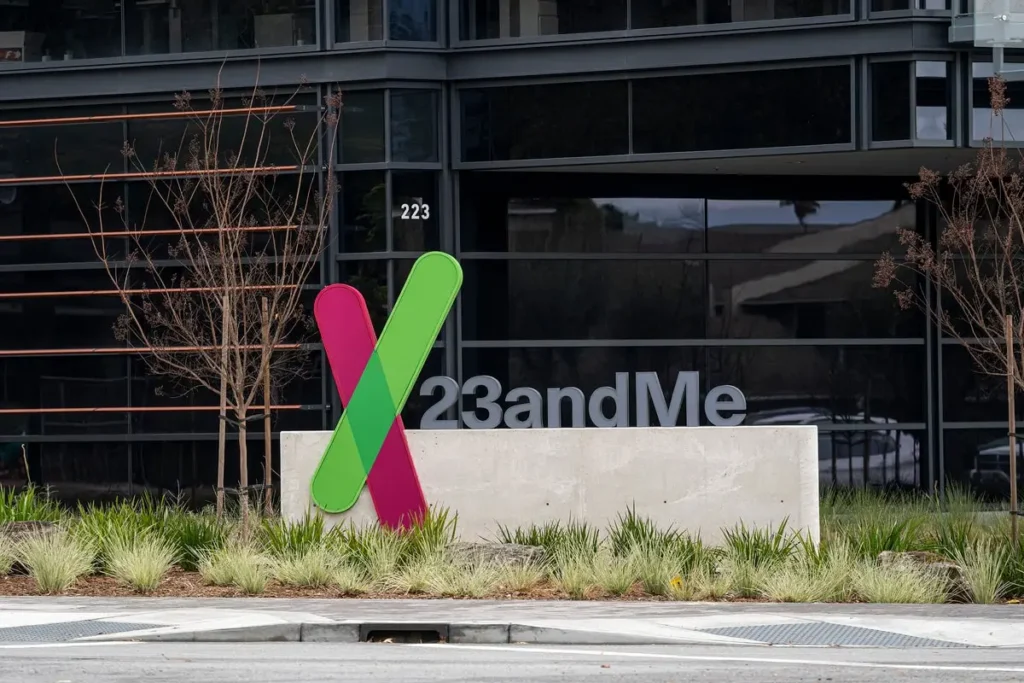WASHINGTON, March 25, 2025 – In a stunning twist for the once-revolutionary genetic testing pioneer, 23andMe has filed for Chapter 11 bankruptcy protection amid mounting financial troubles and longstanding privacy concerns. As the company embarks on a court-supervised sale process, millions of customers are now left wondering: What happens to my genetic data, and how can I safeguard my personal information?

A Tumultuous Journey to Bankruptcy
Founded in 2006 and once valued at nearly $6 billion, 23andMe built its reputation on making DNA testing accessible to the public. However, after years of declining demand for its ancestry and health-testing kits, a crippling 2023 data breach, and costly legal battles—including a $30 million settlement—the company’s fortunes have dramatically reversed. Today, 23andMe’s shares are trading at pennies, and the firm now faces debts of over $214 million against assets of roughly $277 million. In a bid to restructure its operations and cut costs, the company has initiated Chapter 11 proceedings, while its co-founder and longtime CEO, Anne Wojcicki, has stepped down (although she will remain on the board and plans to bid as an independent buyer).

What’s at Stake for Your DNA Data?
Despite its bankruptcy filing, 23andMe insists that its current practices for storing and protecting customer data remain unchanged. In its statements, the company has stressed that “data privacy will be an important consideration” in any potential sale, and any new owner must comply with existing laws governing genetic data. Yet privacy experts warn that the inherent sensitivity of DNA information—and the limited scope of federal privacy laws—means that customer data remains at significant risk.
Adrianus Warmenhoven, a cybersecurity expert with NordVPN, warns, “Your genetic data is essentially your biological blueprint. When a company like 23andMe is sold off, there’s no guarantee that your information won’t end up in the hands of entities with very different privacy practices.” Likewise, legal scholars such as Anya Prince of the University of Iowa have stressed that even though current privacy policies promise to protect your data, those policies can be changed by a new owner with little notice.

Expert Guidance Amid Uncertainty
The recent financial downturn and high-profile data breach have triggered urgent consumer alerts. California Attorney General Rob Bonta, for example, has urged all 23andMe customers to “consider invoking their rights” to delete their genetic data and request the destruction of any stored samples. Similar alerts have come from other states, highlighting the pressing need for customers to take action before their highly sensitive data becomes a tradable asset in bankruptcy proceedings.
How to Delete Your 23andMe Data and Protect Your Privacy
If you’re a 23andMe customer concerned about the fate of your DNA data, experts agree that the simplest course of action is to delete your account. Here’s a step-by-step guide:
- Log In to Your Account: Visit the 23andMe website and sign in.
- Access Account Settings: Navigate to the “Settings” section on your profile page.
- Find the Data Section: Scroll down to “23andMe Data” and click “View.”
- Download Your Data (Optional): If you wish to keep a copy, download your genetic information before proceeding.
- Delete Your Data: Scroll to the “Delete Data” section and click “Permanently Delete Data.”
- Confirm the Deletion: Check your email for a confirmation link from 23andMe and click it to complete the process.
- Destroy Stored Samples: If you previously opted to store your saliva sample, go to “Preferences” and request that the sample be destroyed.
- Revoke Research Consent: Under “Research and Product Consents,” withdraw any permission granted for your data to be used in research.
By following these steps, you can prevent your genetic information from potentially falling into the hands of a new owner under uncertain privacy policies.

Looking Ahead
As 23andMe navigates bankruptcy and searches for a buyer, the situation serves as a stark reminder of the vulnerability inherent in sharing personal data—even data that may seem as immutable as your DNA. While 23andMe promises to continue operations during this process, the evolving landscape of genetic privacy underscores the urgent need for stronger consumer protections at both the state and federal levels.
For consumers, the message is clear: Stay informed, exercise your privacy rights, and consider deleting your data if you’re uncomfortable with the potential risks. This is not just about safeguarding information—it’s about protecting an essential part of who you are.




